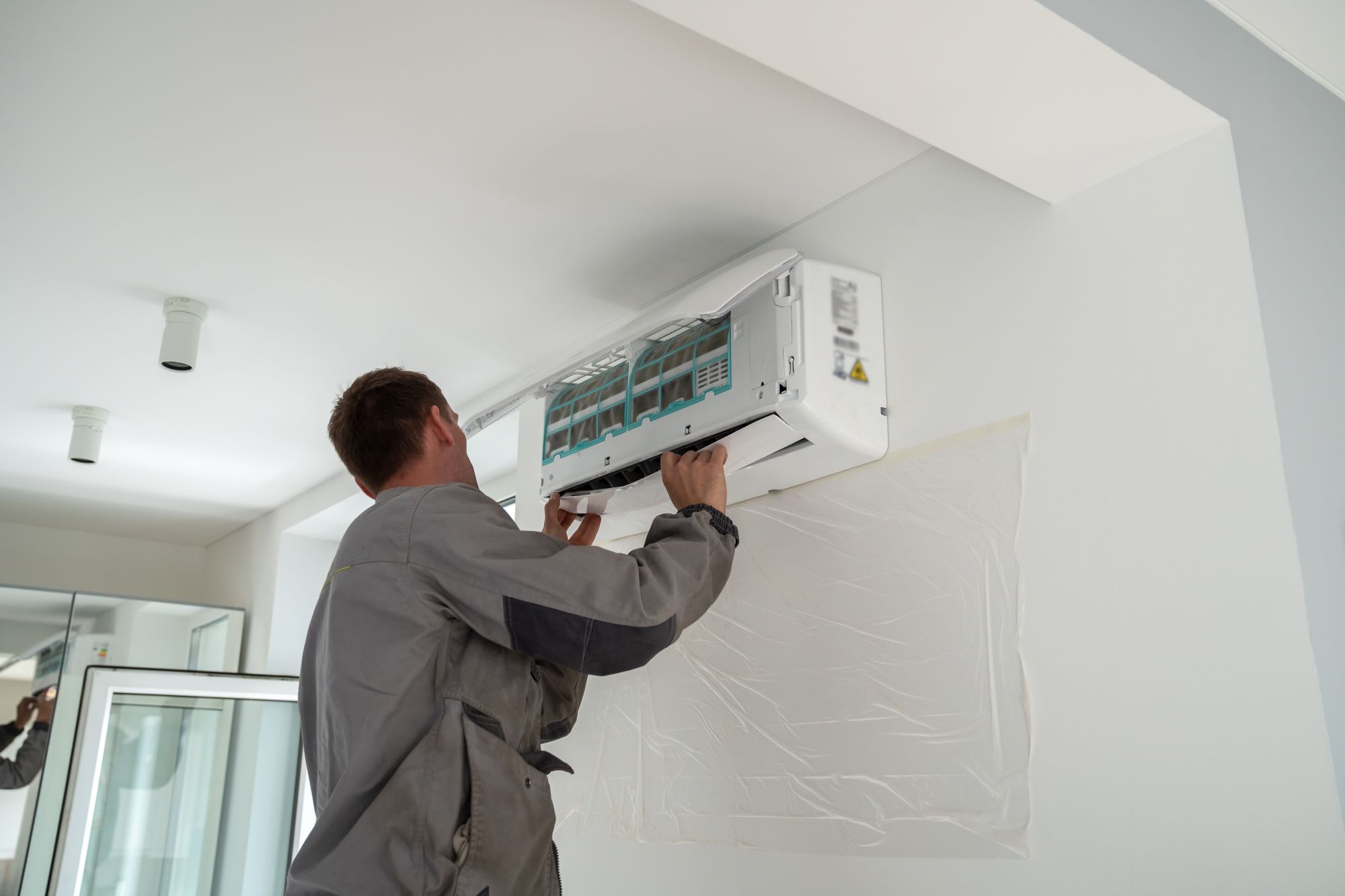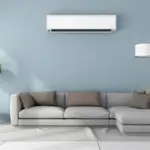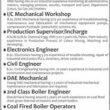As scorching summer days approach, your air conditioning (AC) system becomes indispensable for maintaining a relaxed and comfortable living space. However, like any complex mechanical system, air conditioners can experience wear and tear over time.
Recognizing potential warning signs that indicate the need for air conditioning repair is essential to ensure optimal performance and reliable cooling throughout the season. Ignoring these signs may lead to more significant issues and costly repairs in the future.
Reputable air conditioning services, such as air conditioning repair Los Angeles services, can promptly address these concerns, ensuring your AC operates efficiently even during the hottest days. This article explores seven common signs that your air conditioning system might require professional attention.
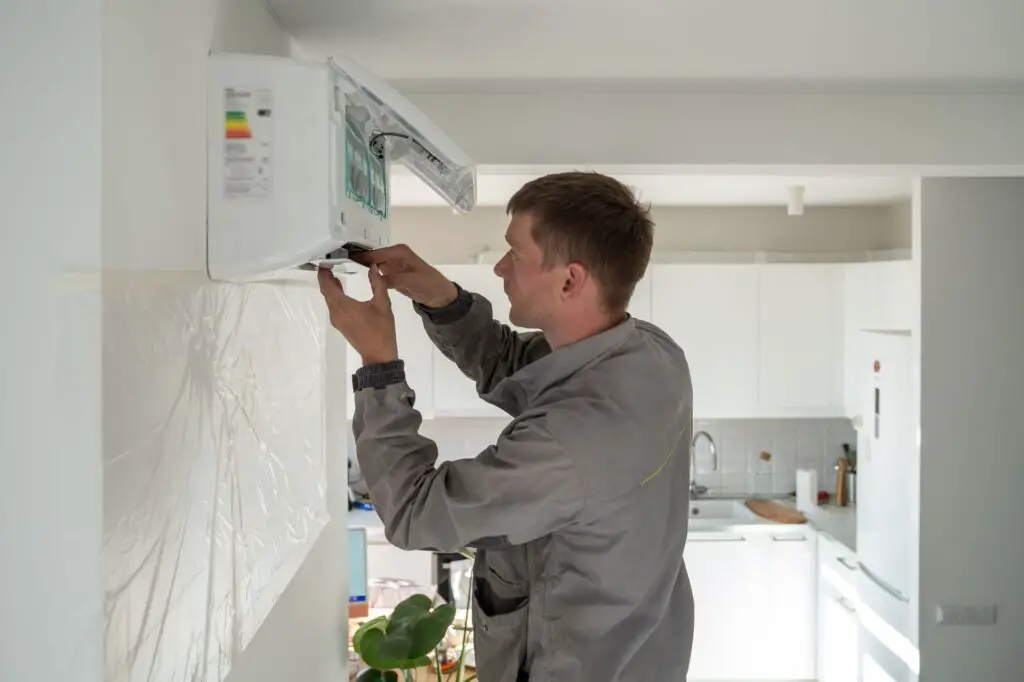
1. Insufficient Cooling
It can be frustrating when your air conditioning system fails to provide the necessary coolness. If you set your AC to a specific temperature, but the room remains uncomfortably warm, it’s a clear sign that your unit needs repair.
Several factors can lead to insufficient cooling, potentially causing discomfort and system damage. Some possible issues include:
- Refrigerant leaks
- Compressor problems
- Faulty thermostat
- Clogged air filters
- Ductwork issues
Promptly addressing these problems may restore your AC’s performance and ensure your comfort during the summer.
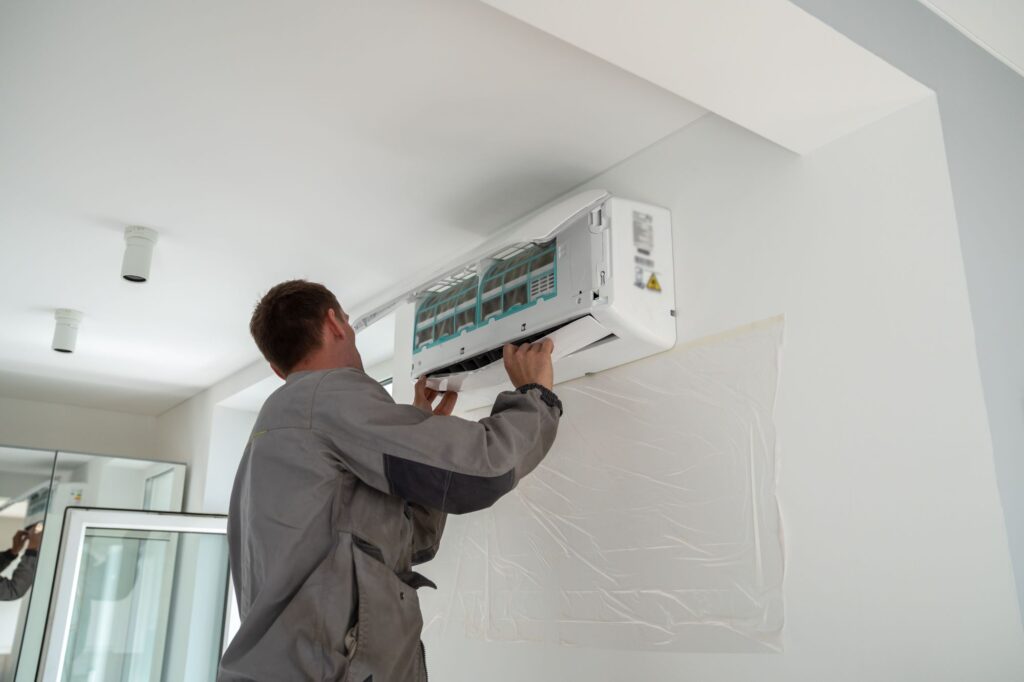
2. Unusual Sounds
An air conditioner is designed to operate with a relatively low hum as it cools your home, but any unusual or loud noises warrant attention and investigation.
Warning signs of potential issues include:
- Grinding noises
- Rattling noises
- Squealing noises
- Debris stuck in the fan blades
It’s important to promptly address any of these warning signs by contacting a professional air conditioning repair service to avoid further complications and keep your AC functioning optimally.
Like Us on Facebook!
3. Foul Odors
Foul odors from AC vents are primarily caused by mold or mildew growth within the air conditioning system, which thrives in moist, dark environments when the system is not adequately maintained. Factors contributing to this include moisture buildup from condensation or water leaks, clogged condensate drain lines, and dirty air filters, creating conditions favorable for mold and mildew.
Subscribe Us on YouTube!
These foul odors can have several adverse effects, such as health hazards from inhaling mold spores, reduced indoor air quality, system malfunctions, increased energy consumption, and potential structural damage.
4. Poor Airflow Or Warm Air Blowing
Both warm air blowing and poor airflow from your air conditioning vents are signs of potential issues within the AC system that need attention. If your AC blows warm or hot air instead of cold air, it indicates a repair is necessary. Likewise, poor airflow from AC vents can signal various issues within the system that should be addressed promptly. An inefficient blower motor can exacerbate the problem, straining the entire AC system and leading to higher energy consumption.
Skilled technicians can diagnose the cause of poor airflow and perform necessary repairs to clean AC filters or maintenance to restore proper air circulation, ensuring your AC operates efficiently and provides the cooling comfort you need.
5. Constant Cycling
Short cycling, when an air conditioner frequently turns on and off, indicates an underlying problem that requires attention for optimal AC function. Causes of short cycling include an oversized AC unit or compressor issues.
A professional assessment can determine the right AC size, recalibrating or replacing the thermostat restores accurate temperature control, and skilled technicians can diagnose and repair compressor problems.
Timely attention to short cycling maintains efficiency, extends lifespan, and avoids system failures, while regular maintenance and inspections prevent issues and ensure consistent cooling and improved energy efficiency.
6. Increased Energy Bills
If your energy bills suddenly increase without any significant changes in your usage patterns, it may be a signal that your air conditioning system is inefficient and consuming more energy than necessary to provide the same level of cooling. This can be a frustrating and financially burdensome issue that needs to be addressed promptly.
Regular maintenance and timely repairs play a crucial role in ensuring your AC operates efficiently, helping you avoid these escalating energy bills. During routine maintenance, skilled technicians will thoroughly inspect and clean your air conditioning system, ensuring it’s in top condition and running at its optimal performance. They will check for any issues, such as dirty coils, clogged air filters, or refrigerant leaks, that can cause your AC to work harder and consume more energy.
By addressing these problems promptly, you can reduce your energy consumption and keep your utility bills under control.
7. Water Leaks
Discovering pools of water around your air conditioning unit is a clear sign of a problem that requires immediate attention. This issue is often caused by a blocked or clogged condensate drain line, which is responsible for removing excess moisture during the cooling process. When the drain line becomes obstructed with dirt, dust, or debris, it prevents proper water drainage. This could lead to water overflowing and pooling around the AC unit.
Prolonged exposure to water can harm your AC system and nearby structures in multiple ways. Firstly, water can infiltrate sensitive components of the air conditioner, leading to corrosion and electrical issues. This compromises your AC’s efficiency and performance, increasing the risk of breakdowns.
Secondly, water provides an ideal environment for mold and mildew growth. Mold spores thrive in damp and dark conditions, finding a breeding ground in your AC unit and surroundings. This can pose health hazards for occupants, especially those with allergies or asthma, as inhaling mold spores can lead to respiratory problems and allergies.
Practical Maintenance Tips To Prevent Air Conditioning Issues
Take proactive measures to avoid these issues by learning practical maintenance tips for preventing air conditioning problems.
- Regularly change air filters every one to two months to maintain airflow and cooling efficiency.
- Schedule yearly professional HVAC maintenance and check-ups.
- Keep the area surrounding the outdoor AC unit clean by clearing debris and vegetation.
- Periodically clean condenser coils to improve heat transfer and cooling performance.
- Regularly inspect the condensate drain line for clogs to prevent leaks and mold growth.
- Maintain proper indoor humidity levels with the use of a dehumidifier if needed.
- Install a programmable thermostat to regulate AC usage efficiently and save energy.
- Consider adding a surge protector to protect sensitive AC components from power surges.
By following these practical tips, you can reduce the risk of AC issues, enhance energy efficiency, and ensure a comfortable living space with fewer breakdowns or costly repairs.
Conclusion
When you observe any of the signs mentioned above, it becomes crucial to seek air conditioning repair services promptly. Consider the signs and tips above to ensure your AC system delivers the cool comfort you require, especially during the sweltering months of the year. Moreover, by taking proactive measures and addressing issues promptly, you can prolong the lifespan of your AC and enjoy uninterrupted cooling comfort throughout the hottest times.

